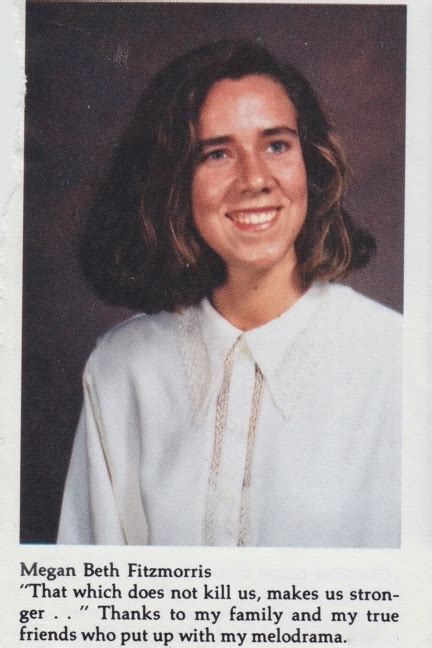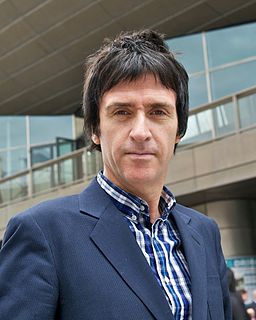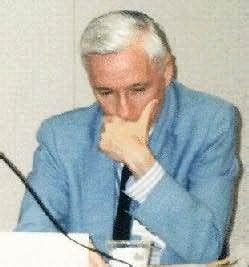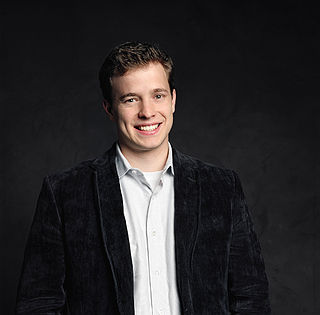A Quote by Stefanie Schneider
When I was young I would ask everybody what life was about. Now it's clear to me that the image of each existence shows its own answer to that question.
Related Quotes
But the solution to the riddle of life and space and time lies outside space and time. For, as it should be abundantly clear by now, nothing inside a frame can state, or even ask, anything about that frame. The solution, then, is not the finding of an answer to the riddle of existence, but the realization that there is no riddle. This is the essence of the beautiful, almost Zen Buddhist closing sentences of the Tracticus: "For an answer which cannot be expressed the question too cannot be expressed. The riddle does not exist."
We can each sit and wait to die, from the very day of our births. Those of us who do not do so, choose to ask - and to answer - the two questions that define every conscious creature: What do I want? and What will I do to get it? Which are, finally, only one question: What is my will? Caine teaches us that the answer is always found within our own experience; our lives provide the structure of the question, and a properly phrased question contains its own answer.
And yet I know I am too young, that we're too young, for me to live my life only as it relates to you. If you had asked me to marry you the night you first told me about your acceptance, I would have embraced Princeton as part of a larger plan that involved me. I probably would have reacted differently. I might even had said yes. Alas, you didn't ask me then. You made plans for your future without me in mind, And that's okay. But how can you now ask me to arrange my life around you?
The question of why evil exists is not a theological question, for it assumes that it is possible to go behind the existence forced upon us as sinners. If we could answer it then we would not be sinners. We could make something else responsible...The theological question does not arise about the origin of evil but about the real overcoming of evil on the Cross; it ask for the forgiveness of guilt, for the reconciliation of the fallen world
If God were to exist for the entire humanity, he would be profoundly vile, as he allows the existence of unfathomable sin, stupidity, madness, and misery for no reason than his own despicable enjoyment. God exists though, not for all humanity, but for a one chosen man - a philosopher - who is bound to answer the greatest philosophical question, the question about the nature of the questioner's existence, which progressively quenches the divine vanity.
Do not ask the stones or the trees how to live, they can not tell you ; they do not have tongues; do not ask the wise man how to live for, if he knows , he will know he cannot tell you; if you would learn how to live , do not ask the question; its answer is not in the question but in the answer, which is not in words; do not ask how to live, but, instead, proceed to do so.
There's always stuff to write about. So it's very gratifying on a lot of levels. This is stuff I got asked over and over again, or heard about. People would ask me about it, but they kind of knew the answer. It would be this ongoing question: "Your fans are wondering, now that you're married, are you still going to be able to write songs?" I'm serious! I would get asked that!
What was the question? ...Oh. Where do I get my crazy ideas? Answer: sleep-fairy, walk-fairy, shower-fairy. Book-fairy. And in these last few years, from my wife. Now when I have questions I ask her and she tells me the answer. If you haven't already, I'd suggest you want to find your soulmate, as soon as you can. Next question?
What is the meaning of human life, or, for that matter, of the life of any creature? To know the answer to this question means to be religious. You ask: Does it make any sense, then, to pose this question? I answer: The man who regards his fellow creatures as meaningless is not merely unhappy but hardly fit for life.
We are posing two very clear questions. The first is: Did the Holocaust actually take place? You answer this question in the affirmative. So, the second question is: Whose fault was it? The answer to that has to be found in Europe and not in Palestine. It is perfectly clear: If the Holocaust took place in Europe, one also has to find the answer to it in Europe.




































